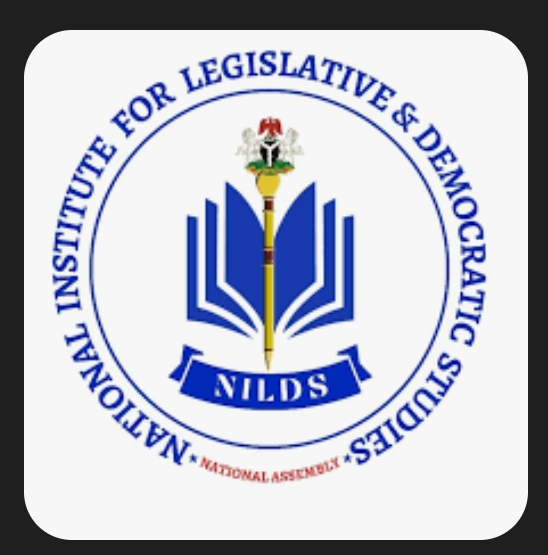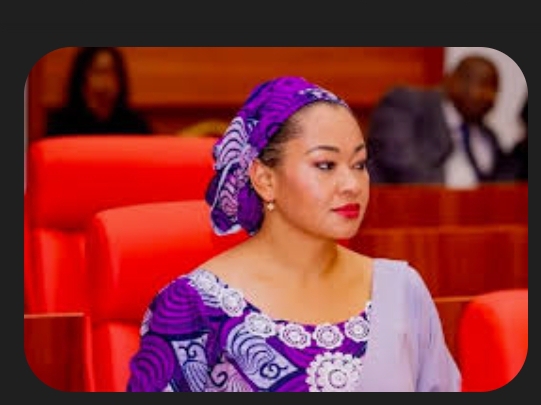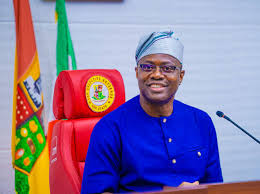The Director-General of the National Institute for Legislative and Democratic Studies (NILDS), Professor Abubakar Sulaiman, has revealed that 23 Nigerian Senators and Members of the House of Representatives are scheduled for another overseas training programme in two weeks.
A move he said would cost the government an undisclosed but hefty amount.
He expressed reservations over the continued patronage of expensive foreign training programmes for Nigerian legislators.
He described the foreign training programmes as lacking local relevance and urged African governments to invest in homegrown capacity-building institutions.
He stated this at a workshop for ECOWAS Parliament staff in Abuja on Thursday.
“You can’t imagine how much it’s going to cost this government to do that. I cannot even disclose it,” the DG lamented.
While acknowledging the prestige associated with international institutions such as Harvard, Oxford, and Cambridge, Prof. Sulaiman argued that the training offered abroad are often devoid of local content and context, rendering them less impactful in addressing the unique challenges of African legislatures.
He said, “All what they taught us there lacked local content. It is of no relevance. We have the resource persons, we have the resources, we have what it takes here.”
The DG’s remarks come amid growing calls across Africa for the strengthening of regional institutions and the development of indigenous capacity-building initiatives. NILDS, an affiliate of the Nigerian National Assembly, has played a pivotal role in training legislators and parliamentary staff from across West Africa.
According to Prof. Sulaiman, parliaments from Malawi, Somalia, Namibia, and Uganda have recently partnered with NILDS for training programmes.
He disclosed that a three-year Memorandum of Understanding (MoU) was signed just weeks ago with a foreign country for ongoing training, further proving the institute’s rising continental relevance.
“This is the headquarters of the Conference of African Speakers… Our edifice, in terms of facilities, you cannot see it anywhere in Africa,” he declared.
In response to the allure of Western training centres, the NILDS DG said the institute is preparing to launch an Advanced Executive Education Programme in Abuja by October.
He said the programme is designed to rival offerings from Ivy League schools by combining local expertise with international collaboration, including partnerships with Harvard and Cambridge.
He said, “If what is inspiring people to go to Harvard is the forex, the dollar, okay, we can charge in dollars too. If it’s the white faces, then we’ll collaborate with them. But the training must take place here in Abuja,” he explained.
The DG emphasised that the new programme would cater not just to Nigerian lawmakers but to top executives and parliamentarians across the African continent, blending the best of African and Western legislative practices.
Despite NILDS’s capacity and success stories, Prof. Sulaiman expressed regret over inadequate funding.
He noted that while the Nigerian National Assembly has some degree of independence, state legislatures remain overly dependent on the executive, weakening democratic processes.
“At the sub-national level, you cannot demarcate between the executive and the legislature. We needed to do more for state assemblies,” he observed.
He also criticised the perception that legislative diplomacy is exclusively the domain of the executive, arguing that parliaments must be central to regional and international engagement, particularly in organisations like ECOWAS.
He said, “The key to democracy and good governance in any country is the legislature. And if the parliament is taken seriously at the national level, it must be taken seriously at the multilateral level too.”
The workshop, which focused on parliamentary oversight, vote, and proceedings, was well received by ECOWAS Parliament officials and staff.
Many commended NILDS for its high-quality training and stressed the need for a more robust and sustained partnership.
A participant said, “NILDS knows ECOWAS Parliament more than the resource persons who we meet elsewhere. We are missing NILDS, and we want a more robust relationship.”
With African governments facing increasing budgetary constraints and global donor fatigue, NILDS is positioning itself as a cost-effective, context-aware alternative to foreign capacity-building programmes.
Sulaiman said, “Whatever lives on today is not just for Nigeria,” said Prof. Sulaiman. “It’s for the entire sub-region. Our population, our potential is at the mercy of other Black people across the globe… We are born to lead, and that’s not accidental.”
As Nigeria prepares to send another batch of lawmakers abroad for training, the question remains whether homegrown institutions like NILDS will finally get the recognition, and funding, they need to shape the next generation of African leaders.





